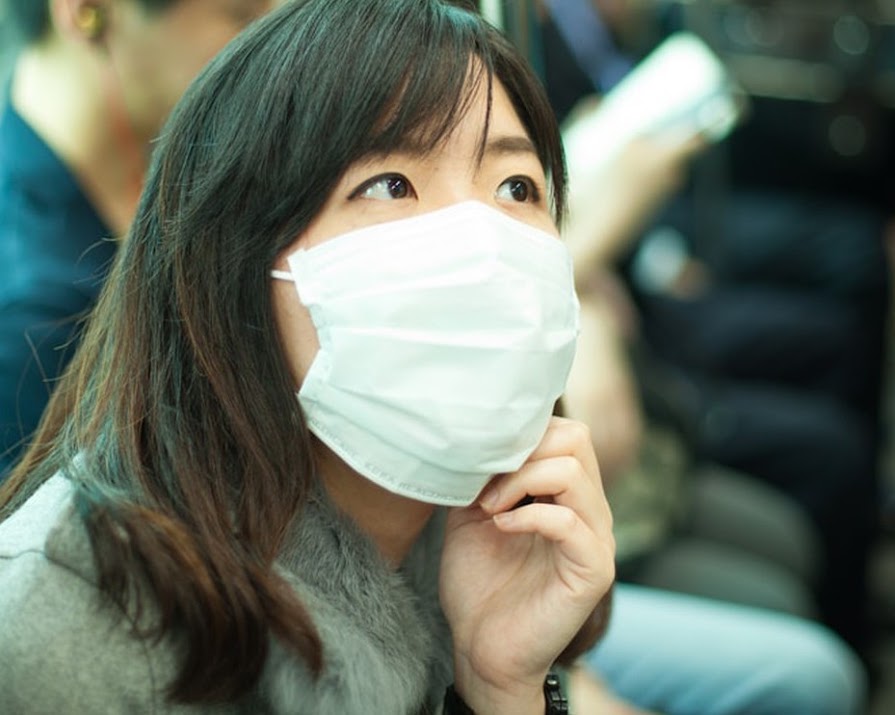By Grace McGettigan
24th Jan 2020
24th Jan 2020
With more than 830 cases of the coronavirus reported in China, as well as 26 deaths, we’re looking into what the virus is and what its symptoms are
Chinese officials have restricted travel for approximately 35 million people across 12 cities as the coronavirus continues to spread in the country.
The outbreak, which began in the city of Wuhan, has spread outwards to surrounding towns – with 830 cases reported, as well as 26 deaths. It is hoped these new travel restrictions (including flight cancellations) will help to contain the illness and stop the spread of coronavirus to other nations. That being said, there have already been some reports of the virus in the US, Thailand, South Korea, Taiwan and Japan.
Here we’re looking at what the coronavirus is, how it’s spread, and what its symptoms are.
What is the coronavirus?
The coronavirus currently in China is part of a larger family of coronaviruses. As this particular strain has never been identified in humans before, it is described as ‘a novel coronavirus’. Another well-known strain of coronavirus was SARS (or Severe Acute Respiratory Syndrome), which was on-the-go in Ireland in 2003.
Symptoms
According to the World Health Organisation, common signs of infection include respiratory symptoms, fever, cough, shortness of breath and breathing difficulties. In more severe cases, the infection can lead to pneumonia, severe acute respiratory syndrome, kidney failure and even death.
It’s believed those killed by the coronavirus in China were already in poor health at the time of infection.
How does it spread?
Like other coronaviruses, this new strain is believed to have come from animals – specifically the animals at the Huanan seafood wholesale market. It is now being transmitted from person to person in the same way a cold or flu would be.
To prevent further spread of infection, the WHO recommends regular hand washing, as well as covering your mouth and nose when coughing and sneezing. They also recommend thoroughly cooking all meat and eggs, as well as avoiding close contact with anyone showing symptoms of respiratory illness (such as coughing and sneezing).
The HSE says it is highly unlikely that the coronavirus will make it to Ireland, but insists it is fully equipped to handle it should the situation arise.
Read more: Pain, stiffness and swelling: Osteoarthritis affects women twice as much as men
Read more: World Stroke Day: ’I don’t waste time letting things hold me back’
Read more: Ovarian cancer: 410 women in Ireland diagnosed every year – know the facts





















